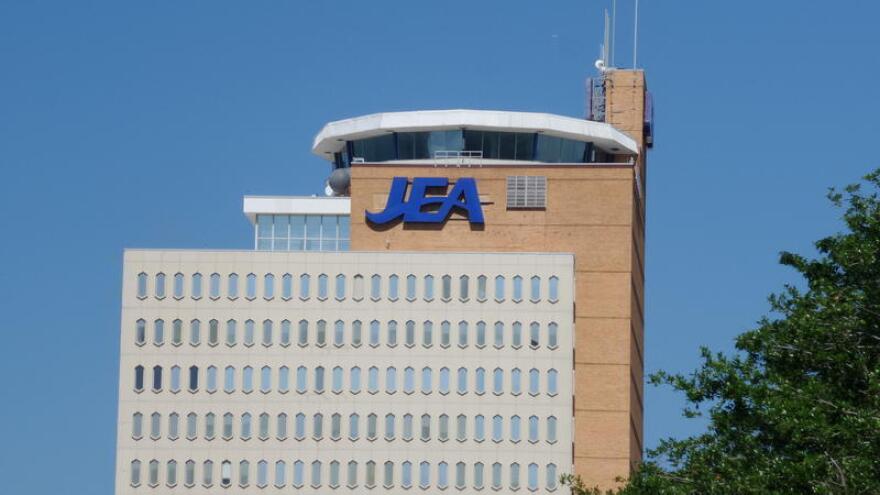The Jacksonville City Council is filing legislation to help JEA customers who are at risk of utility disconnections.
Around 21,000 JEA residential customers are eligible for disconnections, along with close to 800 commercial accounts, according to Kurt Wilson, the utility’s Interim VP and Chief Government Affairs Officer.
JEA will resume utility disconnections on July 7.
Nine thousand of the customers are under prepaid utility accounts with an average balance of $162. Meanwhile, 11,000 of the accounts are traditional, and 4,000 of them have an average balance of $286.
“These $200 debit cards will just about wipe out 75-80% of their balance,” Wilson said.
Another 7,000 accounts have an average balance of $790. To combat that, Wilson said JEA is extending payment plans from three months to 12 months.
The bill would take $5 million in federal CARES act funding, putting $2 million of that pot into the creation of a COVID-19 Utility Relief Program.
“We're gonna give 10,000 people $200, and we feel like it will touch a lot of people,” said Councilman Ron Salem.
The $200 will come in the form of prepaid debit cards, similar to those given in the mortgage, rent and utility relief program.
In order to qualify for the program, a person:
- Must live in Duval County.
- Not received a COVID-19 Mortgage, Rent and Utility prepaid card from the city.
- Since February 29, must have experienced a reduction in hours of work or pay reduction of 25% as a direct result of COVID-19.
- Must attest that they meet all eligibility requirements.
Only one card will be given out per household.
“We just can't just sit back and allow residents to have their lights turned off,” said Councilman Garrett Dennis. “I mean, especially if you look at how we spend money in other areas with no regard to the taxpayers.”
Dennis called the legislation a “stopgap”, as the overall outstanding balance for JEA is close to $11 million. He said other organizations, such as the United Way, will also use their money to help out people with outstanding balances.
Since it is a prepaid debit card, people can technically use it for other purchases. To make sure people are more inclined to use the money toward paying off their utilities, Dennis wants the cards to have “JEA” printed on the cards.
“That would probably prompt that individual [to say] ‘I need to pay this, not go to put gas in my car,’” Dennis said.
Because it is federal CARES Act money, it does not allow the city to directly give money to pay off some of the balances without first going through the hands of citizens.
After speaking with JEA and confirming qualifications, the card will go through the mail, and another call to the utility will give them an activation code. The city will be able to track the spending on the card as well.
The remaining $3 million would go toward the Small Business Relief Program. Salem said there were about 1,300 people on the waiting list who weren’t able to get $2,000 available from the initial fund of $9 million. The fund applied to sole proprietors and people who filled out 1099 tax forms.
“Obviously, there’s still a need,” Salem said.
Overall, the bill is receiving bipartisan support, with several co-sponsors on both sides of the political spectrum.
“This might be, to me, the most collaborative effort we've had in the last year on the city council,” Salem said.
The full City Council will vote on the legislation next Tuesday, June 23.
Sky Lebron can be reached at slebron@wjct.org, 904-358-6319 or on Twitter at @SkylerLebron.




